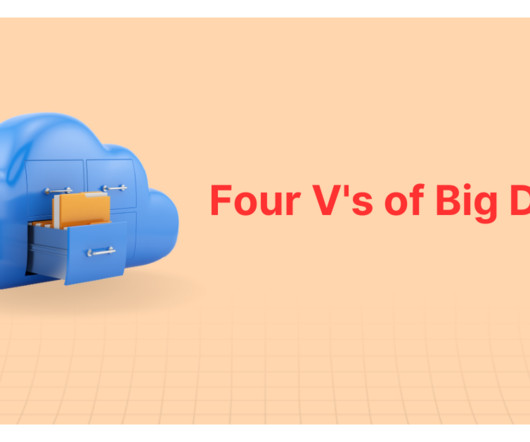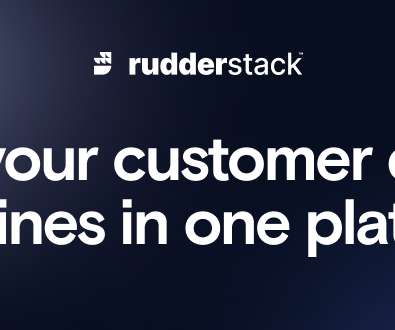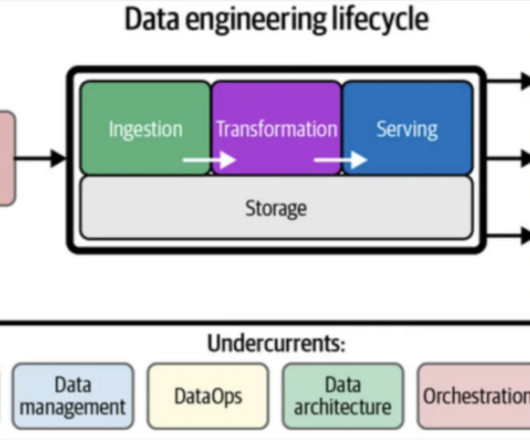Four Vs Of Big Data
Knowledge Hut
APRIL 23, 2024
It involves assessing the credibility and reputation of the sources from which the data is obtained. Data from trustworthy and reputable sources are more reliable and dependable. On the other hand, "methodology" refers to the techniques and procedures used for data collection, processing, and analysis.













Let's personalize your content